In New England, the arrival of spring, with its warmer weather and longer days, is usually a time of joy for most people. Those suffering from spring allergies, though, often feel frustrated by the itchy noses, watery eyes, and sneezing that comes during this time of year. Luckily, we’ve previously shared ways in which you can arm yourself against these springtime allergies and approach the season with excitement rather than trepidation.
However, those that have an allergy to bee stings may not feel as prepared to protect themselves as the warm weather arrives. For most people, a bee sting causes some redness and/or swelling and just a few hours of pain. Those with an allergy to bee stings can experience much more intense and, sometimes, life-threatening symptoms.
Symptoms of an Allergic Reaction to a Bee Sting:
- Swelling at the site of the sting that worsens over time
- Swelling over a large part of the body
- Extreme redness
- Hives and itching
- Difficulty breathing
- Dizziness or fainting
- Swelling of the throat and tongue
- Stomach cramps
- Nausea or diarrhea
In some extreme cases, anaphylaxis may occur and medical treatment should be sought out immediately.
How to Avoid a Bee Sting:
- Always wear shoes to protect against stepping on a bee
- Abstain from eating sugary foods and drinks outside. If you must, be sure to check your food and drinks before ingesting them to be sure that there aren’t any bees in them.
- Do not wear perfumes or colognes outside. Bees are attracted to these scents and are more likely to land on you if you smell good.
- Do not wear brightly colored clothes. Bright clothes mimic the colors of flowers and will attract bees.
- Stay still. We tend to swat at bees when they come near but this just makes them more defensive.
- Keep your windows closed in both your home and your car to prevent bees from flying in.
- Keep lids on your garbage cans so that bees are not tempted to get inside and go after food waste.
An allergy to bees should be taken very seriously. Plymouth Ears, Nose and Throat can help to diagnose and manage your bee allergy. Please call us at 508-746-8977 to schedule your appointment!

